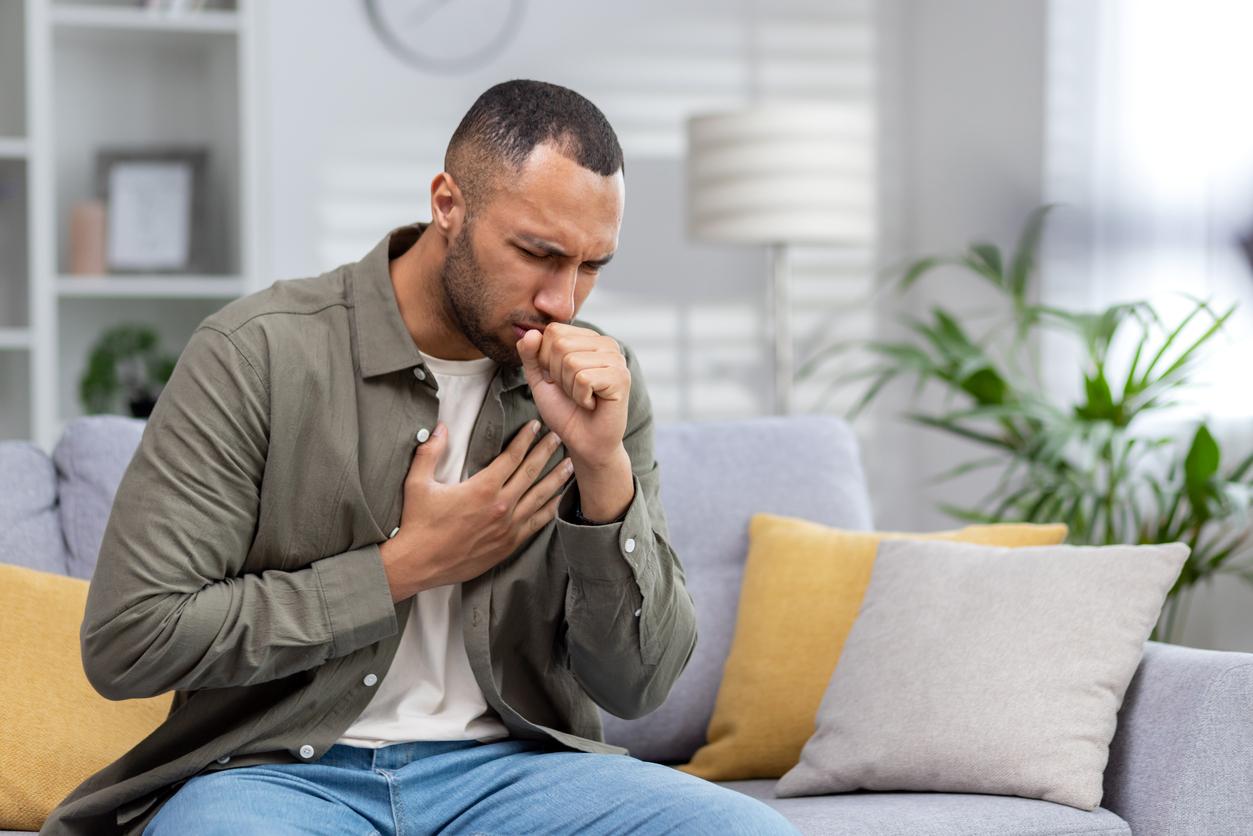The immune system of individuals suffering from long Covid can recover 24 months after the original infection.

- A large study shows that the immune system of people with long Covid can recover after two years.
- The biomarkers included in the analysis covered many aspects of immune function.
- “Importantly, we will continue our research to better understand why some people do not improve and what can be done for them,” said Professor Anthony Kelleher, Director from the Kirby Institute in Sydney.
Markers of immune dysfunction present in people with long Covid tend to disappear two years after the first contamination, according to a new survey.
The data used for this research comes from the ADAPT study launched in 2020 to follow patients who were infected with Covid-19 during the first wave in Australia. Participants were assessed at regular intervals with blood tests, mental health exams, and lung/brain function tests.
“Almost a year and a half after the 2022 study, we are pleased to note that, in this same group, significant improvements were observed in blood markers. For the majority of samples we analyzed in the laboratory , biomarkers that previously indicated abnormal immune function have disappeared,” explains doctor and study director Chansavath Phetsouphanh in a press release.
Long Covid: quality of life improves after two years
When asked how they felt, 62% of patients included in the Australian cohort said their quality of life had improved. While this is encouraging news for them, researchers are now wondering why some trial participants continue to not see their condition improve.
“There are still around a third of participants who identify a permanent impact of Covid-19 on their quality of life”laments Professor Gail Matthews, co-author of the research. “This is probably explained by the fact that their symptoms of long Covid are not all due to immunological abnormalities,” analyzes the specialist.
Long Covid and immune system: what biomarkers are taken into account?
The biomarkers included in the analysis covered many aspects of immune function. Markers of activation of T helper lymphocytes and cytotoxic agents were, for example, analyzed, as well as those of the interferon-γ protein.
“Importantly, we will continue our research to better understand why some people are not getting better and what we can do for them,” concludes Professor Anthony Kelleher, director of the Kirby Institute in Sydney.
The study cited in this article is published in Nature Communications.
















